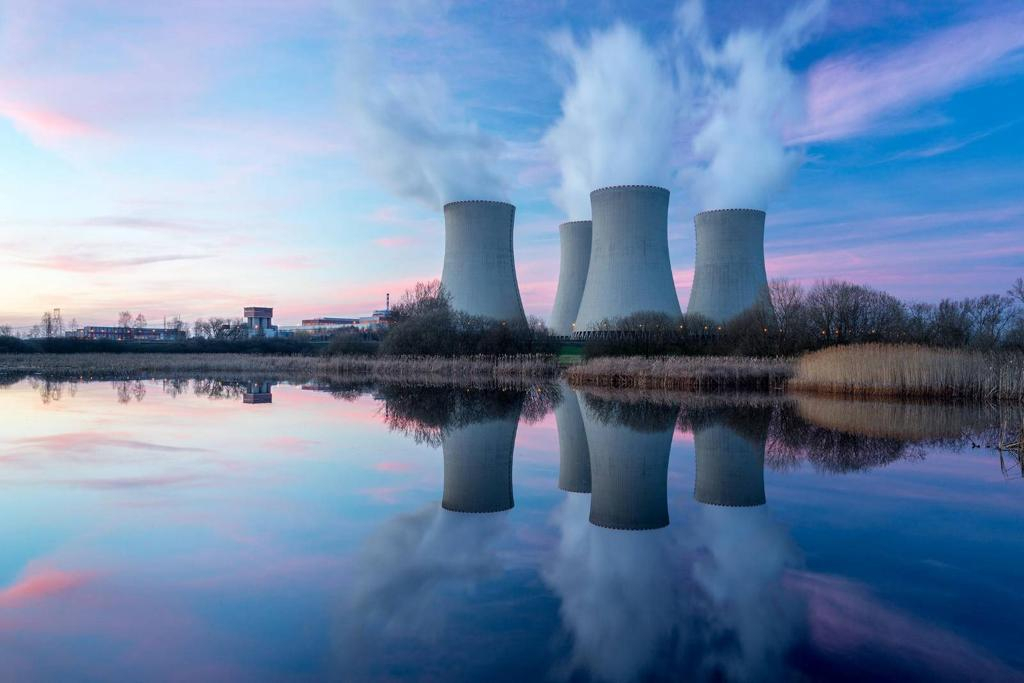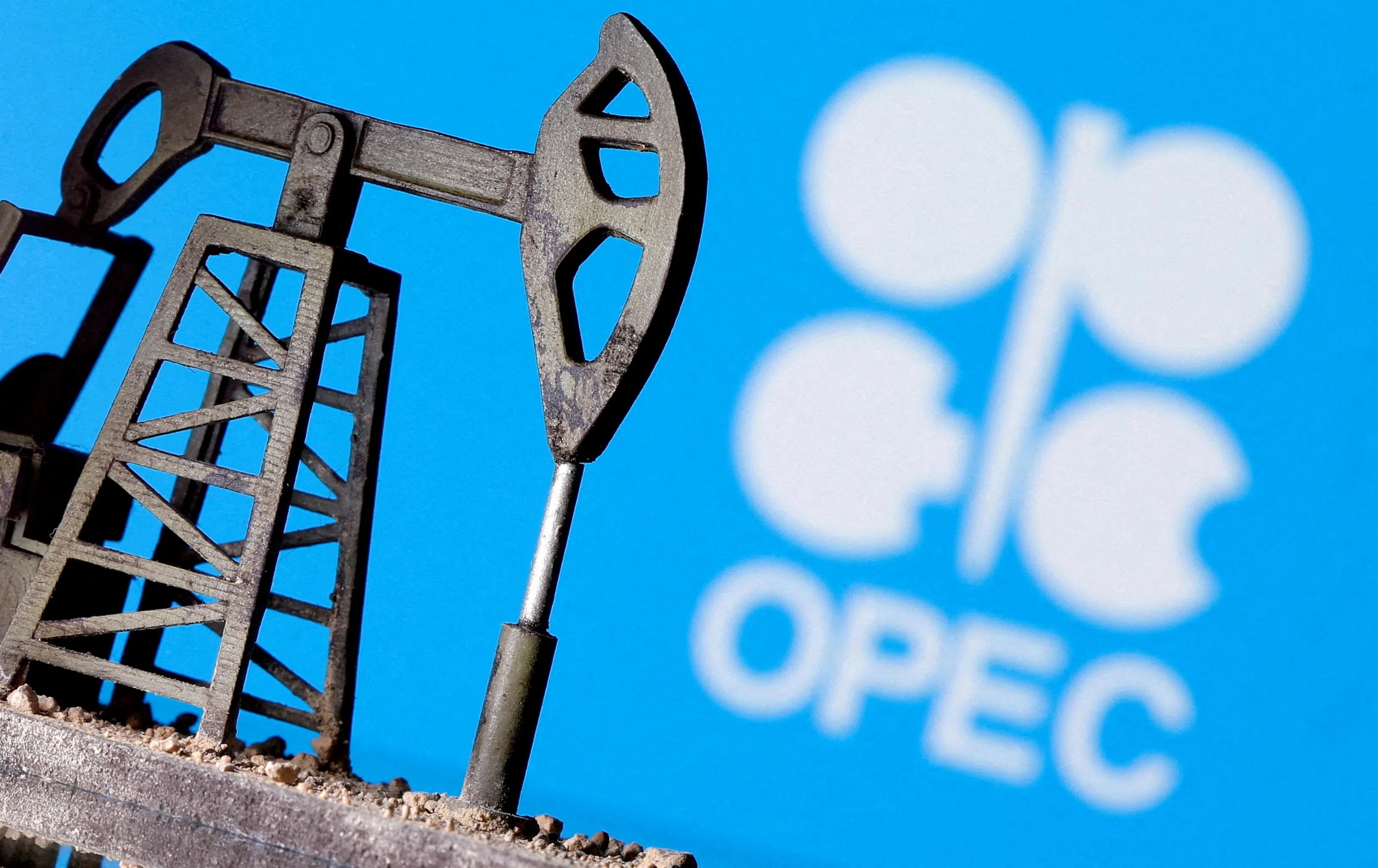When New Zealand’s Foreign Minister Nanaia Mahuta announced in July 2023 that the country would support Japan’s decision to release treated water from the Fukushima Daiichi Nuclear Power Station (FDNPS) into the sea, the statement triggered criticism from parts of civil society that considered it contradictory to New Zealand’s long-standing anti-nuclear stance. Given that New Zealand has historically been a cautious opponent of nuclear power and weapons testing in the Pacific, avoiding implementing nuclear technology within its own borders and advocating against it worldwide, Mahuta’s stance was unexpected.
However, a closer look at New Zealand’s support for Japan’s initiative reveals that the decision is rooted in a nuanced understanding of the stark distinction between the uncontrolled and dangerous nature of nuclear weapons, versus the controlled and safe process employed by Japan in releasing the FDNPS treated water through its Advanced Liquid Processing System (ALPS). New Zealand acknowledged that, unlike nuclear weapon proliferation and testing, the water release from the FDNPS is not a risk.
The significance of New Zealand’s stance here is twofold.
Firstly, it highlights New Zealand’s measured and science-based approach to the question of nuclear safety in the Pacific. Japan’s Tokyo Electric Power Company (TEPCO) elaborated a safe process that would guarantee a maximum tritium concentration of 1,500 Bq/L of released water, which is seven times less tritium per liter than the one provided by the World Health Organization for drinking water, set at 10,000 Bq/L. Moreover, the process’ approval and supervision by the International Atomic Energy Agency (IAEA) constitute a solid trust seal for New Zealand regarding its safety. In addition to a 2-year preliminary safety review concluding that the water release from the FDNPS had “negligible radiological impact”, the IAEA regularly conducts independent on-site samplings and analyses. In July 2023, Foreign Minister Nanaia Mahuta reiterated “New Zealand’s full confidence in the IAEA’s advice” and commended their “science-based approach” regarding the release. In September 2023, at the IAEA General Conference, New Zealand’s representative even evoked two extra-budgetary contributions specifically to support the important work of the IAEA’s Taskforce on the release of ALPS-treated water from the FDNPS.
Secondly, New Zealand’s stance represents a testament to Japan’s and the IAEA’s transparency efforts in leading the ALPS process. Japan has been consistently transparent in its efforts to responsibly release the treated water from the FDNPS. The process is continuously monitored. Collected results are consistently publicly broadcasted on the websites of the IAEA and TEPCO. Regularly inviting international experts to assess the situation and conducting tests at the FDNPS, Japan has demonstrated that the ALPS-treated water is safe for release, with negligible impact on human life and the environment. At the 2023 IAEA General Conference, held from September 25 to 29, New Zealand “appreciated the sustained efforts of both Japan and the Agency to ensure transparent and open communication with the region and we welcome their continued commitment to dialogue and information-sharing”.
This pragmatic approach underscores New Zealand’s commitment to nuclear safety in the Pacific, demonstrating an ability to take an uncompromising stance against nuclear weapons testing, as prescribed by the Treaty of Rarotonga while maintaining a critical yet rational view on the broader issue.
The question arises of whether New Zealand’s measured approach might extend to support for a civilian nuclear program. The ongoing debate in neighboring Australia suggests a growing willingness to explore nuclear power as a green alternative, especially in the context of meeting commitments under the Paris Agreement.
Australia, as New Zealand, backed Japan’s FDNPS water release process despite its strong free-nuclear stand, including a ban on nuclear power development.
In a short statement released by the Department of Foreign Affairs and Trade just before the FDNPS water release began in August 2023, the Australian government expressed confidence in the process that led to Japan’s decision and welcomed the IAEA’s commitment to provide ongoing monitoring and periodic review during the discharge.
Moreover, Australia, historically reliant on fossil fuels, faces the challenge of reducing its greenhouse gas emissions by 43% by 2030 to achieve net zero as part of its Paris Agreement commitments. With coal currently generating two-thirds of Australia’s electricity, there is a pressing need to explore cleaner alternatives. Nuclear energy seems to be emerging as a frontrunner, with proponents arguing it can fill the energy shortfall and provide a baseload during times of surging demand. Australian opposition leader Peter Dutton’s statement of support for lifting the ban on nuclear power in July 2023 aligns with this perspective.
In contrast to the Pacific Island Nations’ skepticism toward nuclear technology – due to the traumatic nuclear legacy in the region – New Zealand and Australia’s pragmatic approach sets a regional and global example. The endorsement of Japan’s treated water release program and the open consideration of nuclear energy as a green alternative demonstrate a willingness to balance nuclear-related concerns with the need for responsible decisions and sustainable energy solutions. This might lead the region to consider mitigating staunch historical free-nuclear policies.
DISCLAIMER: IBT does not endorse the above content.
Advanced Liquid Processing System






